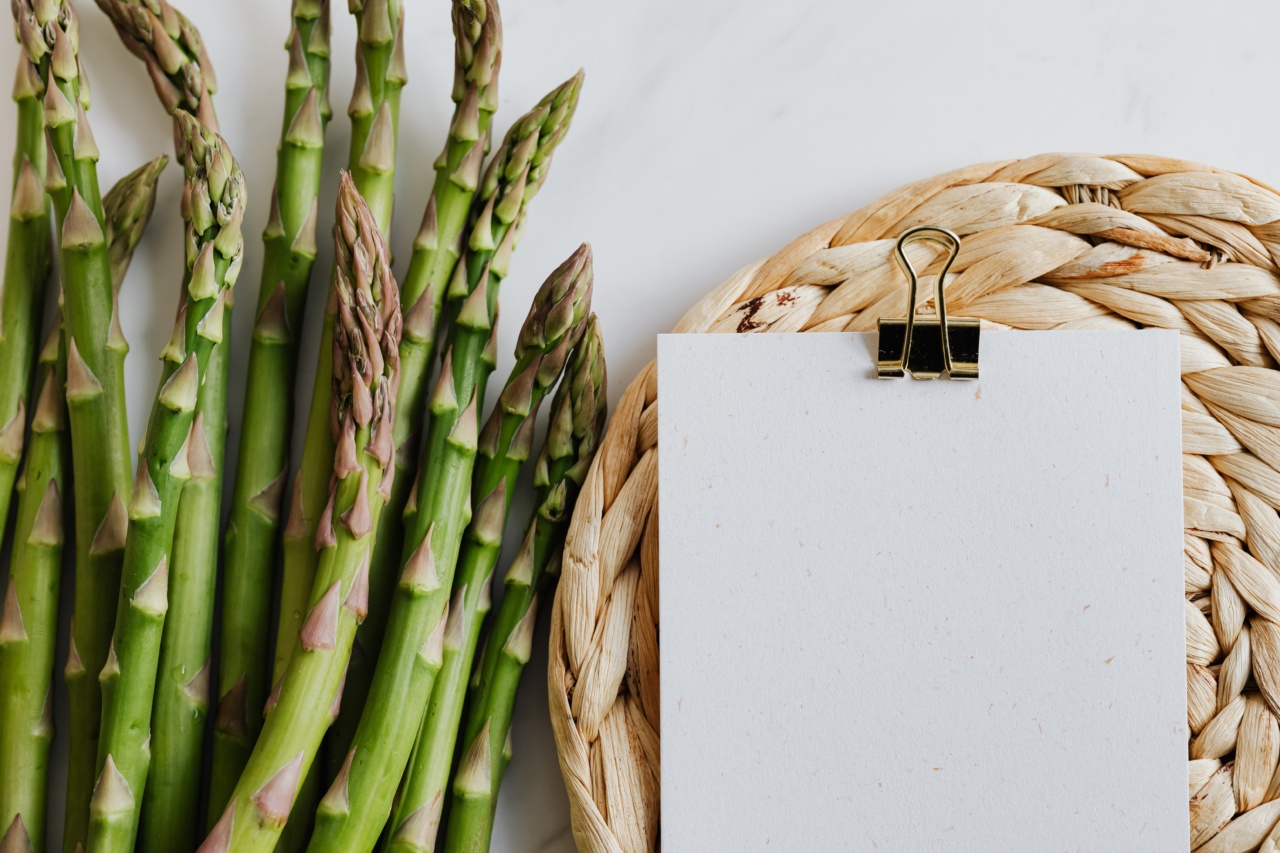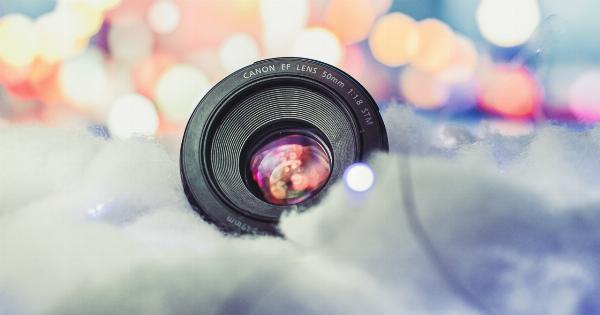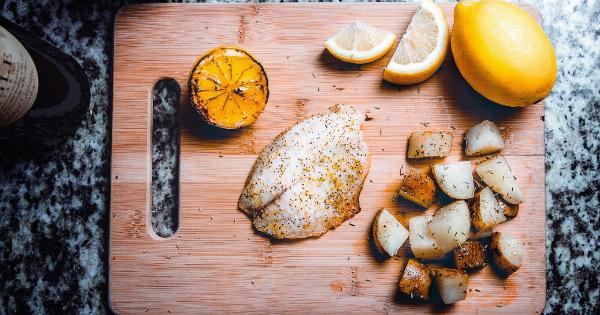Glaucoma is a condition that affects the eyes and can cause damage to the optic nerve leading to vision impairment.
It can occur due to an increase in intraocular pressure which can be caused by a variety of factors such as fluid buildup in the eye or the blockage of the drainage channels that carry fluid away from the eye. One factor that many people are not aware of is the role that diet plays in the development and management of glaucoma. In this article, we will discuss the do’s and don’ts of food for those who have been diagnosed with glaucoma.
Do: Consume Foods Rich in Antioxidants
Foods that are rich in antioxidants such as Vitamin C, Vitamin E, and beta-carotene can help to protect the eyes against damage from free radicals. Free radicals are a type of unstable molecule that can cause damage to the cells in the body.
The eyes are particularly susceptible to damage from free radicals as they are constantly exposed to light which can cause oxidative stress. Some of the best sources of antioxidants include:.
- Dark leafy greens such as spinach, kale, and collard greens
- Fruits such as oranges, kiwi fruit, and mangoes
- Vegetables such as carrots, sweet potatoes, and broccoli
Do: Include Omega-3 Fatty Acids in the Diet
Omega-3 fatty acids are essential fats that are important for the health of the eyes. These fats can help to reduce inflammation in the eyes which can contribute to the development and progression of glaucoma.
Some of the best sources of Omega-3 fatty acids include:.
- Fatty fish such as salmon, tuna, and mackerel
- Flaxseeds and chia seeds
- Walnuts and almonds
Do: Drink Plenty of Water
Drinking plenty of water is important for maintaining the overall health of the body, including the eyes. Water can help to flush toxins out of the body and can prevent dehydration which can contribute to eye dryness and irritation.
Aim to drink at least 8 glasses of water per day.
Don’t: Consume High Amounts of Caffeine
Caffeine can cause an increase in intraocular pressure which can be particularly harmful for those with glaucoma. It is important to limit caffeine intake, especially if you have been diagnosed with glaucoma. Some common sources of caffeine include:.
- Coffee and tea
- Soda and energy drinks
- Chocolate
Don’t: Eat Foods with High Salt Content
Salt can cause fluid retention in the body which can contribute to an increase in intraocular pressure. It is important to limit salt intake, especially if you have been diagnosed with glaucoma. Some common sources of salt include:.
- Processed foods
- Canned foods
- Snack foods such as chips and pretzels
Don’t: Consume Foods High in Saturated and Trans Fats
Foods that are high in saturated and trans fats can contribute to atherosclerosis, a condition in which the arteries become narrowed and can lead to an increase in intraocular pressure. Some common sources of saturated and trans fats include:.
- Fried foods
- Processed meats such as bacon and sausage
- Baked goods such as cakes and cookies
Do: Consult with a Registered Dietitian
If you have been diagnosed with glaucoma, it is important to consult with a registered dietitian who can help you develop a meal plan that is tailored to your specific needs and preferences.
A registered dietitian can help you to identify foods that are beneficial for maintaining eye health and can also help you to avoid foods that may be harmful.
Conclusion
While the relationship between diet and glaucoma is complex, there are some simple do’s and don’ts that can help to maintain the health of the eyes.
Consuming foods that are rich in antioxidants and Omega-3 fatty acids can help to protect against damage from free radicals and inflammation. Drinking plenty of water and limiting intake of caffeine, salt, and foods that are high in saturated and trans fats can also help to maintain eye health.
Consulting with a registered dietitian can help to develop a personalized meal plan that is tailored to your specific needs.



























